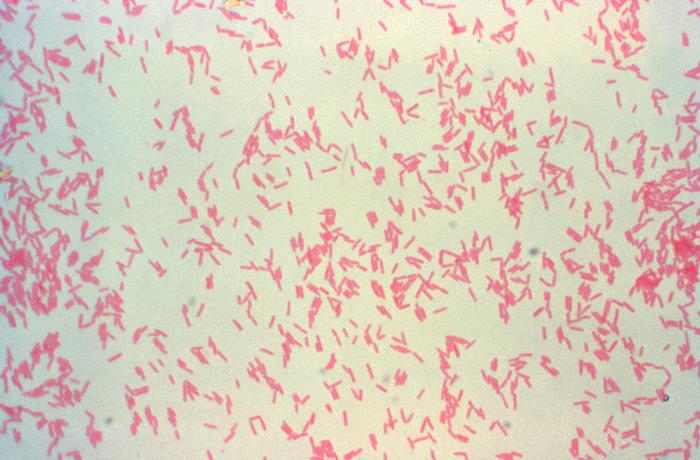Three premature infants died and five other preemies were sickened from bacterial infections that have been traced to contaminated equipment in the NICU at Geisinger Medical Center in Danville, PA. The illnesses started in July, gradually increasing to a total of eight. By August and September, three preemies died from infections caused by waterborne bacteria called Pseudomonas aeruginosa. All three of the babies who died were born before 27 weeks.
Our bacterial infection legal team, led by attorneys Fred Pritzker and Eric Hageman, are leaders in the field of neo-natal injuries and wrongful death. Our law firm is one of the few in the country with experience in neo-natal gut damage. We have recovered millions on behalf of injured preemies, their families, and those who lost their newborn babies.

Contact the Pritzker Hageman Neo-Natal Legal Team
Phone: 1-888-377-8900 | Text: 1-612-261-0856
Contact a Neo-Natal Injury Lawyer
On Friday, the hospital announced that the infections were traced to the process used to prepare donor breast milk. In a statement issued by the hospital, Geisinger’s Executive Vice President and Chief Medical Officer, Dr. Edward Hartle, stated that “using DNA testing, in collaboration with the PA Department of Health, our infection control team has traced the bacteria to the equipment used in measuring donor breast milk, which helps premature infants with their nutritional needs.”
On September 30th, the hospital changed its breast milk preparation procedure to “single-use equipment to measure and administer donor breast milk.” This was the same day that one of the sick preemies died. Of the five babies who have survived, only one has been discharged from the hospital.
After visiting Geisinger’s Danville campus on October 18th, the Pennsylvania Department of Health cited the hospital for not having a written policy for cleaning equipment used to measure donor breast milk. The hospital says that a new policy has since been drafted.
Geisinger is sending mothers likely to give birth prematurely before 32 weeks and infants born at less than 32 weeks to other hospitals in Pennsylvania “out of an abundance of caution.”
Bacterial Infections in Premature Babies
Premature babies are at high risk for hospital-acquired infections from bacteria like Pseudomonas aeruginosa. Able to survive in harsh environments, Pseudomonas can survive for up to several days and is usually spread through contaminated hands or medical equipment. The severity and form of illness caused by Pseudomonas depends on how the bacteria enter the body. Premature babies often develop a condition called necrotising enterocolitis, which causes severe tissue damage when Pseudomonas bacteria infect the gastrointestinal system.

In order to help control the spread of Pseudomonas bacteria, the CDC recommends that healthcare providers implement infection control practices, including hand hygiene and cleaning of patient rooms and shared equipment.